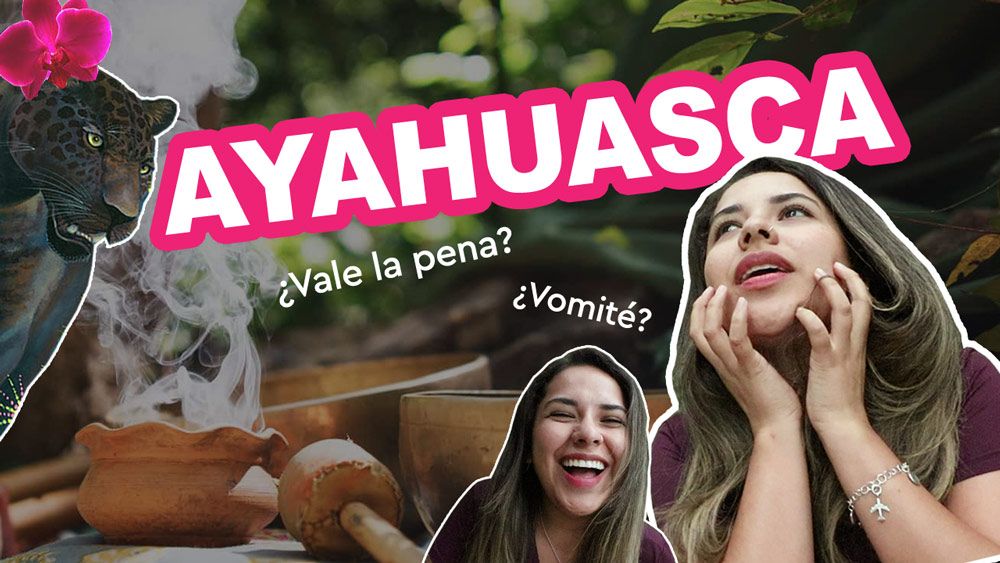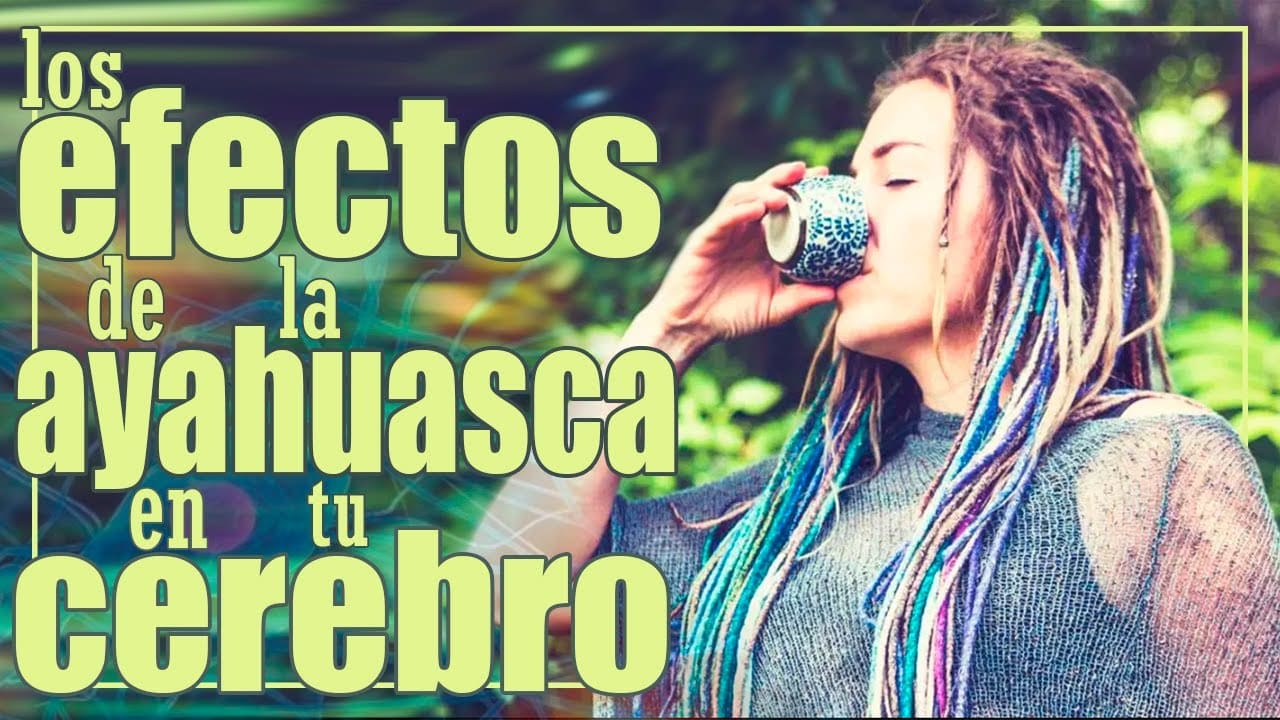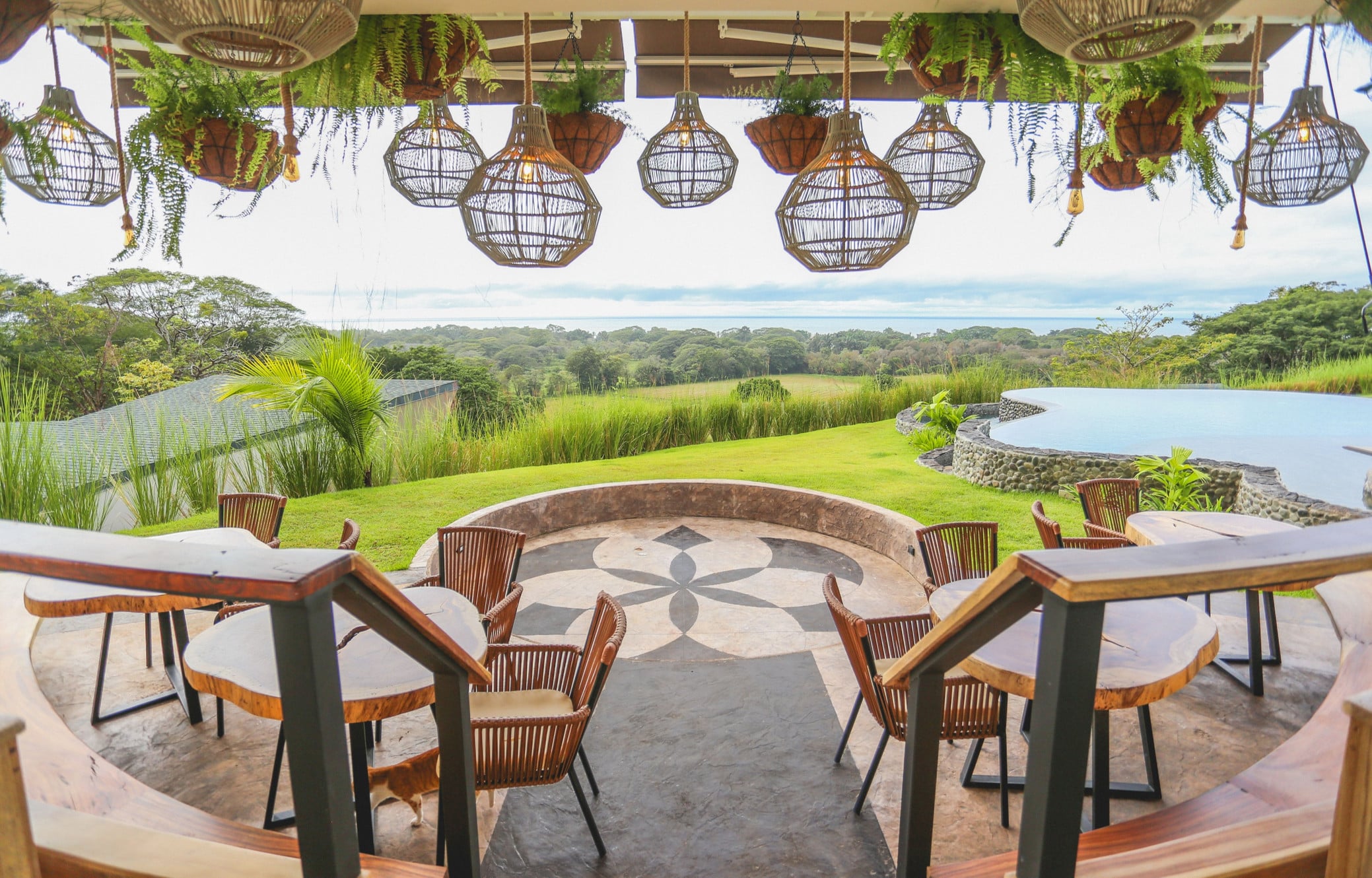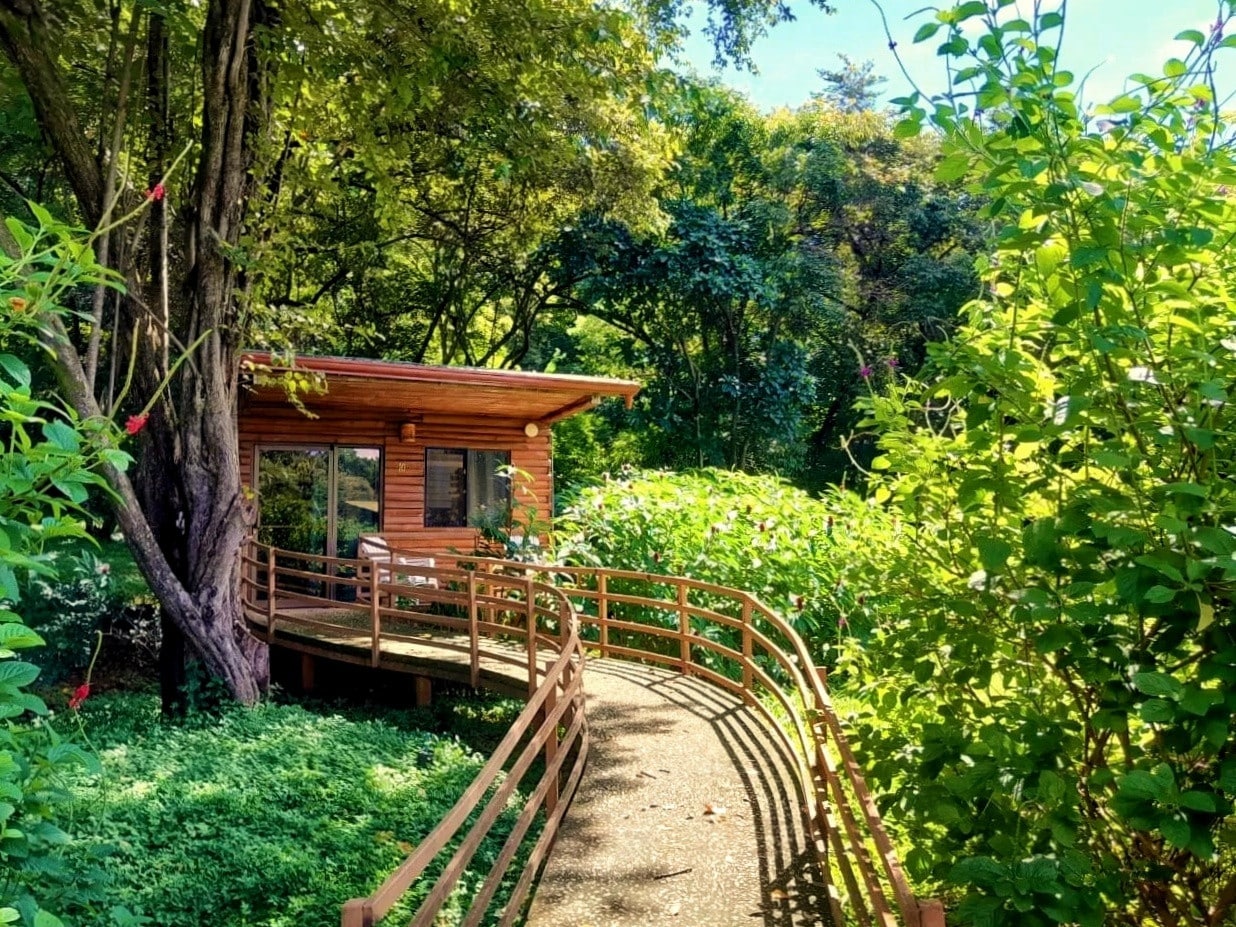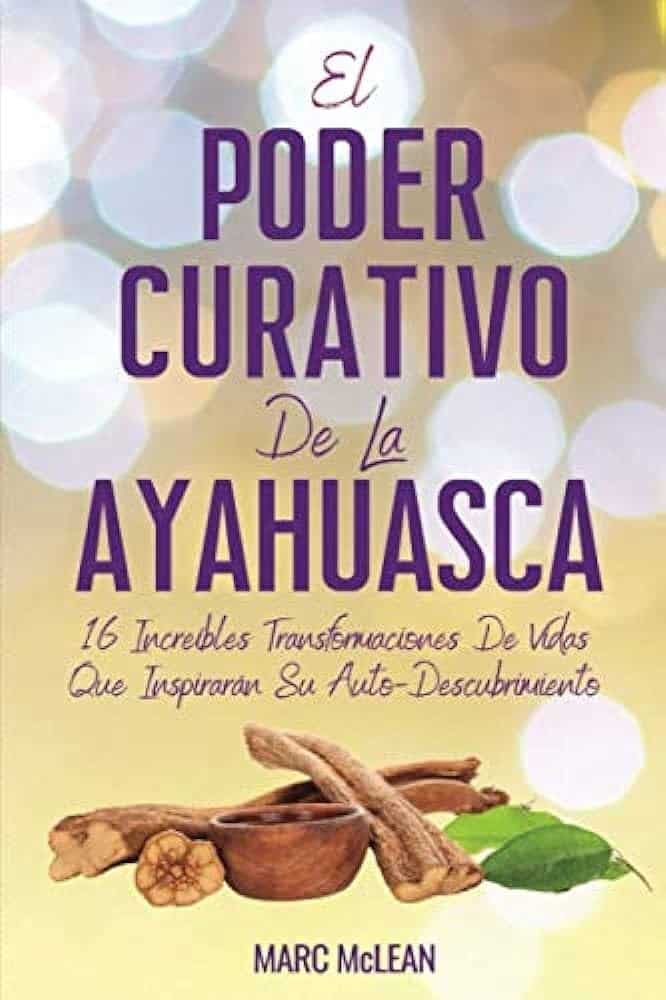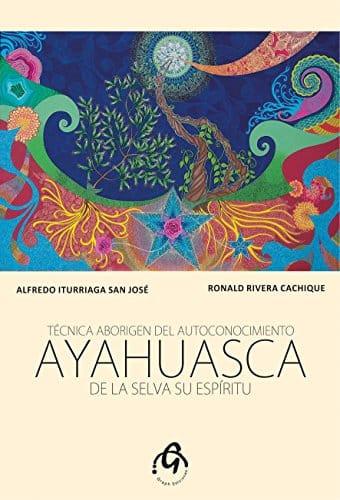Welcome to Ayahuasca Experience, your portal to understanding the profound healing journey with the Shipibo tribe. Discover the ancient wisdom of Shipibo Ayahuasca rituals and their transformative power in our latest article.
Exploring the Shipibo Tribe’s Ancient Ayahuasca Wisdom: A Journey of Spiritual Healing and Transformation
Deep in the heart of the Peruvian Amazon lies a profound and ancient wisdom carried by the Shipibo tribe. The Shipibo people have been the guardians of an enigmatic and powerful plant medicine known as Ayahuasca for centuries. This sacred brew, made from the Banisteriopsis caapi vine and the leaves of the Chacruna plant (Psychotria viridis), has been at the core of their spiritual and medicinal practices.
Ayahuasca is much more than a psychoactive substance; it is a tool for opening the heart, healing past traumas, and receiving profound insights into the nature of reality. Within the context of an Ayahuasca retreat, participants embark on a journey that transcends the physical realm, venturing into the depths of their psyche and the spiritual world.
The Shipibo healers, or Onányas, possess intricate knowledge of the spirit realm and the medicinal plants of the Amazon. Their icaros, or healing songs, are an essential aspect of the Ayahuasca ceremony. These traditional melodies are believed to guide the Ayahuasca spirit and facilitate individual healing processes.
An Ayahuasca retreat often involves multiple ceremonies, each providing an opportunity for deeper self-exploration and transformation. Participants are advised to approach the experience with respect, humility, and a willingness to face whatever may arise during the journey. The process can be challenging, but the potential for growth and healing is immense.
Integrating the experience into one’s life is an essential part of the healing journey. The insights gained during an Ayahuasca retreat can lead to significant life changes, a greater sense of connection, and a clearer understanding of one’s purpose and path.
It is crucial for those interested in participating in an Ayahuasca retreat to thoroughly research and choose a reputable center that prioritizes safety, authenticity, and respect for the Shipibo tradition. This ensures that the ancient wisdom and practices are honored, and that participants have a supportive environment in which to explore their inner worlds.
Through the lens of Shipibo wisdom and the transformative power of Ayahuasca, individuals can embark on a profound spiritual journey, catalyzing deep healing and enduring change in their lives. The ancient Ayahuasca wisdom of the Shipibo tribe continues to be a beacon for those seeking enlightenment, understanding, and a renewed connection with the natural world.
They’re Lying to You About Ayahuasca
Shamanic Dreams – Janax Pacha |Mix| – [Organic House | Shamanic Downtempo | Folktronica]
What are the beliefs of the Shipibo people?
The Shipibo people, an indigenous group from the Peruvian Amazon, possess a rich tapestry of cultural beliefs and practices, especially around plant medicine and healing. Central to their tradition is the use of Ayahuasca (Yagé), a powerful psychoactive brew used for spiritual, physical, and emotional healing.
The Shipibo healers, or Onányas, believe in the concept of Cosmic Balance. They hold that illnesses and misfortunes are due to imbalances in either the body, the spirit, or the world. The Ayahuasca ceremony is a primary means to restore this balance.
During an Ayahuasca retreat, the Onányas guide participants through ceremonies that are believed to facilitate deep spiritual communication. They believe that Ayahuasca enables individuals to connect with the spiritual realm, confront personal traumas, and receive direct insight from plant spirits or other spiritual entities. This process is seen as a form of cleansing and healing.
The Shipibo view Ayahuasca not merely as a substance but as a sacred being with its own consciousness and wisdom. By ingesting Ayahuasca under the guidance of Onányas, individuals can tap into a transcendent source of knowledge and healing. The visions and insights experienced during the ceremonies are thought to be messages from the plant’s spirit, helping individuals to grow, heal, and understand their place in the universe.
One key belief in Shipibo healing is that of energetic maps. Known as Icaros, these are intricate patterns and songs received from the spirits, which the healers believe contain the blueprints for health and the universe’s harmony. The Icaros are considered very powerful and are central to the healing process; they are sung to invoke the spirits, protect the ceremonial space, and guide the participants’ healing journeys.
The Shipibo also have a profound respect for the interconnectedness of all life, reflected in their stewardship of the environment and the ethical sourcing of medicinal plants. Their holistic approach to health encompasses not only the individual’s physical well-being but also their emotional, mental, and spiritual health.
Overall, Shipibo healing through Ayahuasca retreats is a deeply rooted practice, founded on the belief in a higher spiritual order and the ability of plant medicine to create profound change in individuals seeking balance, healing, and transformation.
What is a Shipibo ceremony?
A Shipibo ceremony within the context of Ayahuasca Retreat and Healing refers to a traditional healing ritual led by indigenous Shipibo healers, known as Onanyas or Shamans. The Shipibo are an indigenous people from the Peruvian Amazon with a rich tradition of plant medicine and spiritual healing practices.
In a Shipibo ceremony, participants gather in a sacred and often circular space, typically at night. The Shaman administers Ayahuasca, a powerful psychoactive brew traditionally used for spiritual awakening, healing, and divination. Ayahuasca is made from the Banisteriopsis caapi vine and the Chacruna leaf (Psychotria viridis), which contains DMT, a substance that induces altered states of consciousness.
The ceremony involves a complex interplay of elements designed to open up spiritual dimensions and facilitate deep healing. One of the most distinctive aspects is the use of Icaros, which are traditional healing songs or chants that the Shaman sings throughout the ceremony. These Icaros are believed to help guide the participants’ experiences and facilitate connection with the spiritual world.
Throughout the ceremony, various elements such as perfumes, plant remedies, and symbolic objects may be employed, and the Shaman often conducts individualized healing work with participants, focusing on their specific physical or emotional needs.
It’s essential to approach Shipibo ceremonies with respect and openness, understanding that they are not only about consuming Ayahuasca but about engaging with an entire cultural system and spiritual framework that is designed for profound transformation and healing.
Participants often seek out these ceremonies for reasons including personal growth, healing emotional wounds, overcoming traumas, and seeking insight into life’s challenges. However, the intensity and nature of the Ayahuasca experience can be unpredictable, and it’s crucial to prepare oneself mentally, physically, and spiritually, often under the guidance of experienced facilitators or healers at a retreat.
What is a Shipibo shaman?
In the context of Ayahuasca Retreat and Healing, a Shipibo shaman is a highly revered practitioner from the Shipibo-Conibo people, an indigenous tribe primarily living in the Peruvian Amazon. These shamans are considered to be experts in the use of ayahuasca, a powerful psychoactive brew known for its potential to heal and offer profound spiritual insights.
The role of a Shipibo shaman is integral to the ayahuasca ceremony. They are responsible for preparing the sacred brew, leading the ritual, and guiding participants through their ayahuasca experiences. The shamans draw upon their extensive knowledge of spiritual realms and medicinal plants, which has been passed down through generations.
During healing retreats, the shamans often employ traditional Shipibo healing techniques that go beyond the consumption of ayahuasca. These may include plant dietas (dietary and medicinal plant regimen), ikaros (healing songs), and other forms of energy work to cleanse and balance participants on physical, emotional, and spiritual levels.
Participants in these retreats often seek out Shipibo shamans because they are considered to embody a deep connection with the natural world and possess an unparalleled understanding of the symbiotic relationships between humans and plants. It’s important for individuals to approach these retreats with respect for the indigenous traditions and the seriousness of the transformative processes involved.
Where are the Shipibo people located?
The Shipibo people are an indigenous tribe primarily located in the Ucayali region of the Peruvian Amazon. They are well-known for their rich cultural traditions, which include intricate art, textiles, and, notably, their deep knowledge of plant medicine, including Ayahuasca. The Shipibo have been using this powerful entheogen for centuries as part of their healing practices and spiritual ceremonies.
Many Ayahuasca retreats take place within or close to Shipibo communities, as these retreats often seek the expertise of Shipibo healers or shamans, referred to as «Onanya» in their language. These healers are esteemed for their understanding of Ayahuasca and other medicinal plants, providing authentic and traditional experiences for those seeking healing and self-discovery through Ayahuasca ceremonies. The tribal patterns and symbolic designs created by the Shipibo also play a significant role in the visual and spiritual aspect of the Ayahuasca experience.
Frequent Questions
What are the traditional healing practices of the Shipibo tribe in Ayahuasca retreats?
The Shipibo tribe, indigenous to the Amazon basin in Peru, have a rich tradition of healing practices in Ayahuasca retreats. Central to their tradition is the Ayahuasca ceremony, led by a shaman or ‘Onanya.’ During these ceremonies, they use the sacred Ayahuasca brew made from the Banisteriopsis caapi vine and other plants. The Shipibo are also renowned for their intricate icaros or healing songs, which are believed to direct the healing power of Ayahuasca. They often incorporate energy healing through hands-on techniques and use medicinal plants for physical and spiritual ailments. Their practices are holistic, aiming at the balance of body, mind, and spirit.
How does the Shipibo tribe’s approach to Ayahuasca ceremonies differ from other indigenous practices?
The Shipibo tribe’s approach to Ayahuasca ceremonies is distinct in that they incorporate intricate songs called Icaros, which are believed to embody the healing power of the plant. These Icaros, guided by a Shaman or Maestro, are considered to directly interact with the spiritual world and the energy of the participants, providing tailored healing and guidance. Additionally, the Shipibo often include complex textile patterns that represent the visionary experience, with the belief that these patterns are inspired by the Ayahuasca spirits. This contrasts other indigenous practices that may have different ritualistic elements, musical expressions, and cosmological interpretations of the Ayahuasca experience.
What role do Shipibo shamans play in the facilitation of Ayahuasca healing retreats?
Shipibo shamans are central figures in Ayahuasca healing retreats, serving as spiritual guides and healers. They facilitate the ceremonial use of Ayahuasca, providing a safe and sacred space for participants to explore their subconscious and confront emotional, physical, or spiritual issues. The shamans also perform rituals and sing traditional icaros (healing songs) to protect and guide participants through their journeys, often interpreting the experiences and assisting in the integration process after the ceremony.
In closing, the experience of an Ayahuasca retreat within the context of the Shipibo tribe’s traditions is not merely a touristic encounter, but rather a profound journey into the depths of one’s spirit and psyche. The Shipibo provide an ancient lineage of healing wisdom that has been honed and preserved for generations, offering participants a unique opportunity to connect with the natural world and the deeper aspects of their being through the ceremonial use of Ayahuasca.
The intricate icaros, or healing songs, sung by the Shipibo shamans, the guidance provided throughout the retreat, and the communal support all contribute to a powerful setting in which individuals can confront personal challenges and seek transformation. It’s important to approach such an experience with respect, openness, and a willingness to fully engage with the healing process that Ayahuasca, under the stewardship of the Shipibo healers, can initiate.
As we reflect on the remarkable nature of these retreats, it is our hope that the knowledge shared here fosters a deeper understanding and respect for the Shipibo culture, their healing practices, and the sacred plant medicine that plays a central role in their tradition. Those who feel called to explore the healing power of Ayahuasca with the Shipibo should do so with both an open heart and a mindful appreciation for the cultural heritage that makes such profound experiences possible.
Ultimately, the journey with Ayahuasca is deeply personal, yet it is also woven into the larger tapestry of indigenous wisdom and the universal quest for healing and growth. As we partake in such transformative experiences, we not only help heal ourselves but also contribute to the greater collective consciousness, honoring both the Shipibo tribe and the sacredness of Ayahuasca’s gift to humanity.

